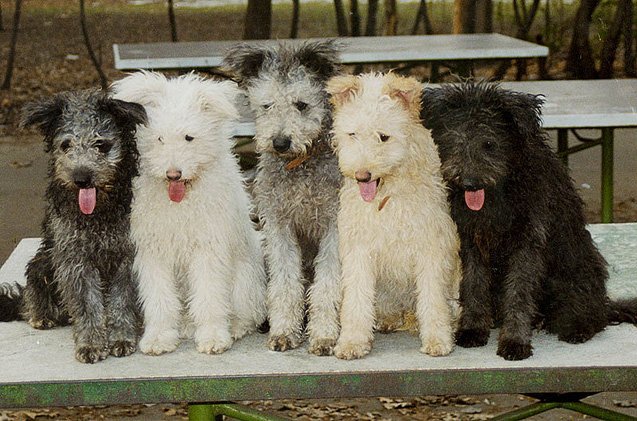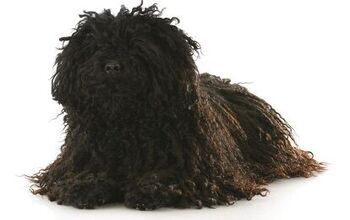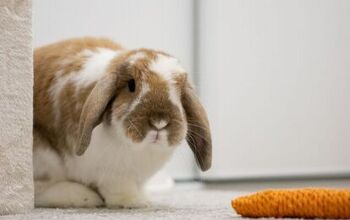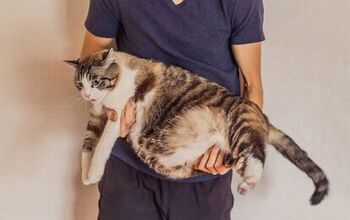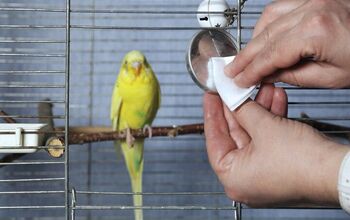Pumi


About Pumi
A medium-sized, agile Hungarian herding breed, the Pumi is not well known outside of its country of origin. A multi-functional dog, the Pumi is often used as a sheepdog, guard dog and hunting dog. But it’s not all work for this energetic breed. This dog fits in quite well in a family setting and makes a wonderful companion. Smart and alert, he will let you know when strangers are approaching your home and will eagerly take to agility and obedience classes.
Energetic, lively and ready to work, the Pumi is always raring to go. Boasting the intelligence of the herding dog and the alertness of a terrier, this breed needs to be kept busy. Favorite activities include herding, agility and obedience training, flyball, jogging, and playing fetch. Read on to learn more about the Pumi.
A multi-functional dog, the Pumi is often used as a sheepdog, guard dog and hunting dog.
Originating in the 17th or 18th centuries in Western Hungary, the Pumi was generally used to help farmers herd cattle, sheep, and swine. They were also used as were used as drivers and shepherd’s companions. In the early part of the 20th century, Dr. Emil Raitsis wanted to select certain characteristics of Hungarian sheepdogs. This is when selective breeding of the Pumi really began, and it was identified as an independent breed in 1920.
The Pumi can trace its line back to the Puli, and was crossed with German and French herding dogs. As well, it probably has a bit of terrier thrown into the mix. Over the past 300 years, it has come into its own as a breed as is popular in its homeland.
The Pumi is a hear working and energetic dog, so he will need a diet that keeps up with his high activity level. A premium dry food that contains quality proteins and fats is recommended for this breed.
The Pumi is alert, watchful and intelligent.
The Pumi is alert, watchful and intelligent. In fact, he is so smart, that if he senses that his owner is a push over, he will quickly take advantage of the situation. This will make the dog willful and cause major disruption in the household. You need to become the dominant head of the family so the Pumi knows his place in the pecking order. You need to make the decisions and rules and ensure that your dog follows the rules.
Because this is an intelligent, he takes to training easily. After mastering the basics, do not be afraid to move onto more challenging tasks. The Pumi excels at agility and obedience training, and it’s a great way to help expend his energy levels. He can also be trained for dog dancing, detection, search and rescue, and other activities.
The Pumi weighs between 22 to 32 pounds.
A lively and active breed, the Pumi is protective of his family and will be wary of strangers. You should start socialization when this dog is a puppy. Ready to spring into action when he hears a noise, the Pumi makes a wonderful watch and guard dog. Since he alerts his family to potential danger with vigorous barks, you’ll need to teach your dog a stop barking command – otherwise, you’ll have angry neighbors on your hands.
These dogs are good with children and other animals, as long as they are trained from an early age. Because it is a herding dog, it may try to herd the family.
You’ll find this breed to also be loving and loyal. He loves to be around his family and will follow you anywhere. He’s happy when surrounded by familiar faces and will be fiercely protective to those he considers family.
Pumis are a healthy breed that have little hereditary health issues. Known medical problems that can occur in the breed are patella luxation and canine hip dysplasia.
The Pumi has an average lifespan of 12 to 14 years.
The Pumi isn’t a breed for the couch potato. He needs lots of exercise to keep him happy and healthy. Happiest on a farm or in a rural area, this dog needs to be put to work, and excels at guarding and tending livestock and guarding animals and property. He likes to be outside, so make sure he’s got plenty of room to run around.
If you live in an urban area, you need to keep your Pumi occupied. Great activities for this dog include walking, hiking and jogging. Always make sure that this dog obeys the heel command, as it is important for you to be viewed as the leader. Pumis also do well in agility skill classes and love nothing better than playing a game of fetch.
A lively and active breed, the Pumi is protective of his family and will be wary of strangers.
The American Kennel Association says this about the breed: “The Pumi is a medium-sized, agile Hungarian herding breed. They are versatile stock dogs, equally adept at gathering, driving and keeping the stock under control.” The AKC has placed this breed in the Miscellaneous Class with a Herding group designation.
The Pumi sports a coat of black, all shades of gray, or reddish brown. Its coat is usually one solid color. There are also white-colored Pumis, but there aren’t favored by breeders.
With its easy to groom coat, the Pumi’s braided, medium-length coat will need an occasional combing or brushing to keep it looking its best.
Because the Pumi is wary of new people, puppies should be socialized as soon as possible. Puppy Kindergarten classes, dog parks and introducing your dog to new experiences will be helpful in this process.

Amy Tokic, Editor of PetGuide.com, is a passionate animal lover and proud pet parent of Oscar, a Shih Tzu/Chihuahua cross, and Zed, a Japanese Chin. Her love of animals began in kindergarten, when she brought her stuffed dog Snoopy into class with her every day. Now, she writes about her adventures in pet ownership and tirelessly researches products, news and health related issues she can share with other animal enthusiasts. In her free time, Amy loves perusing used book and record stores, obsessing over the latest pet products available and chasing squirrels with wild abandon (a habit attributed to spending too much time with her pooches).
More by Amy Tokic



